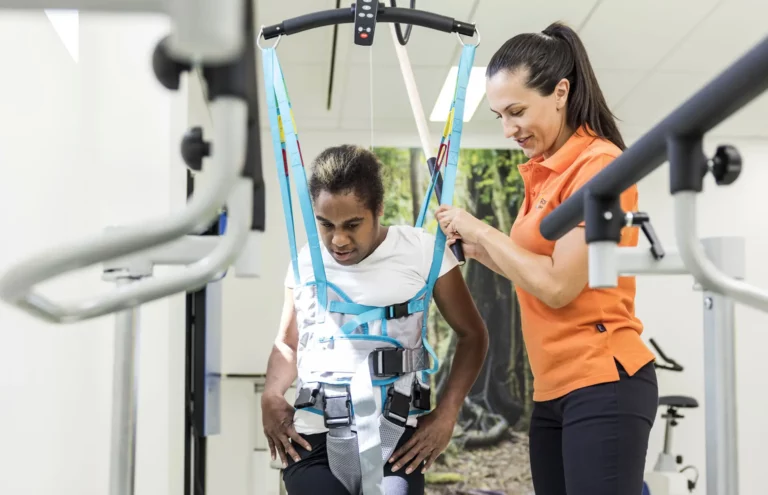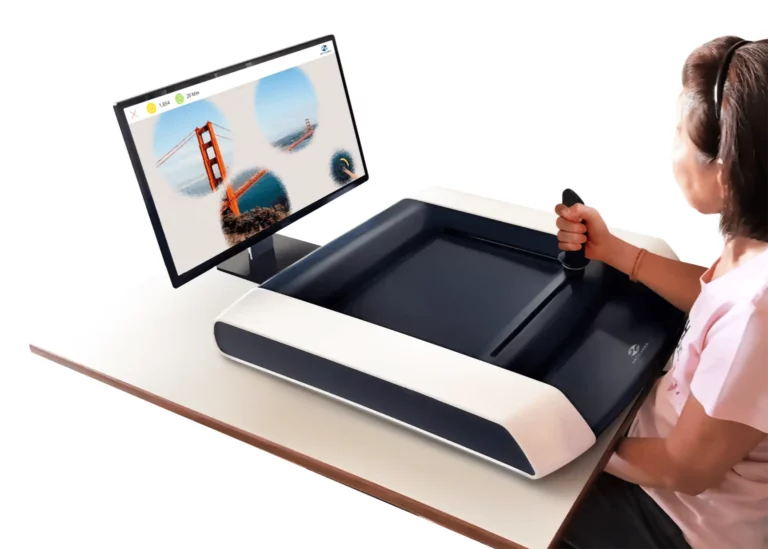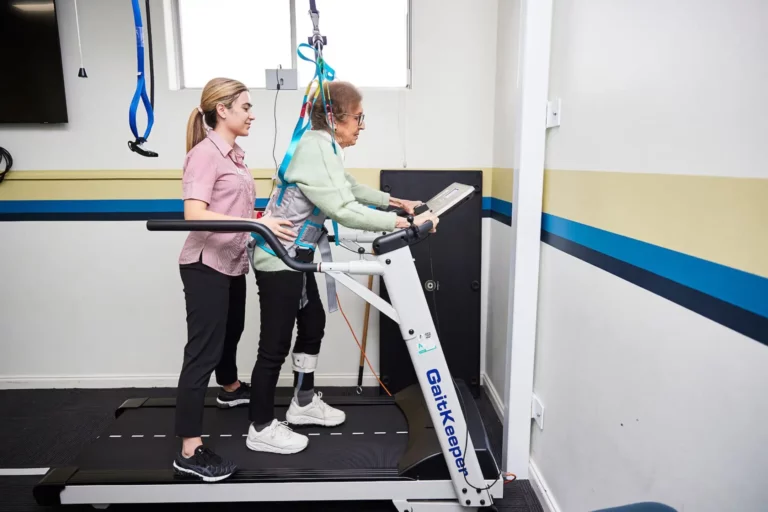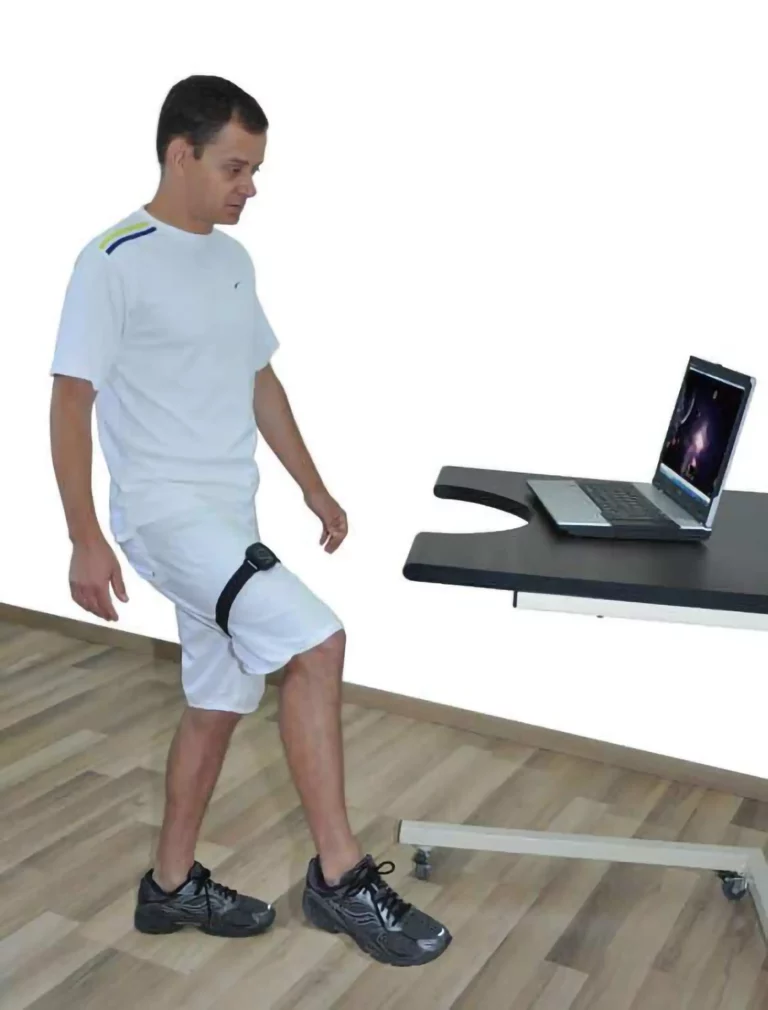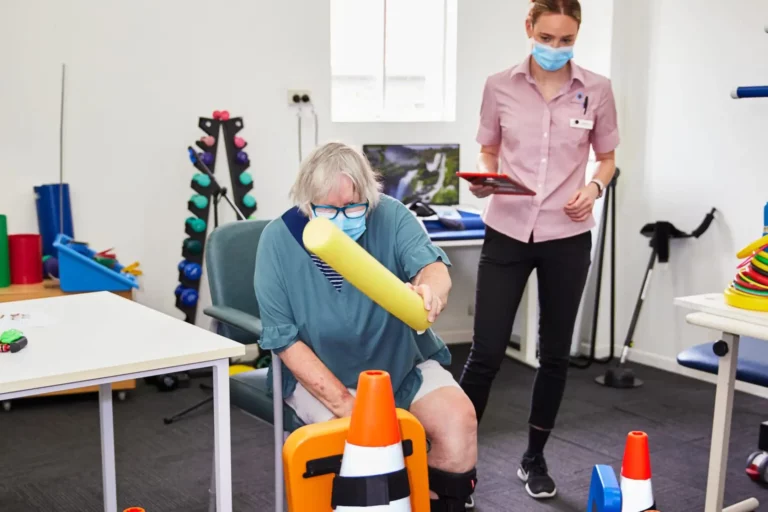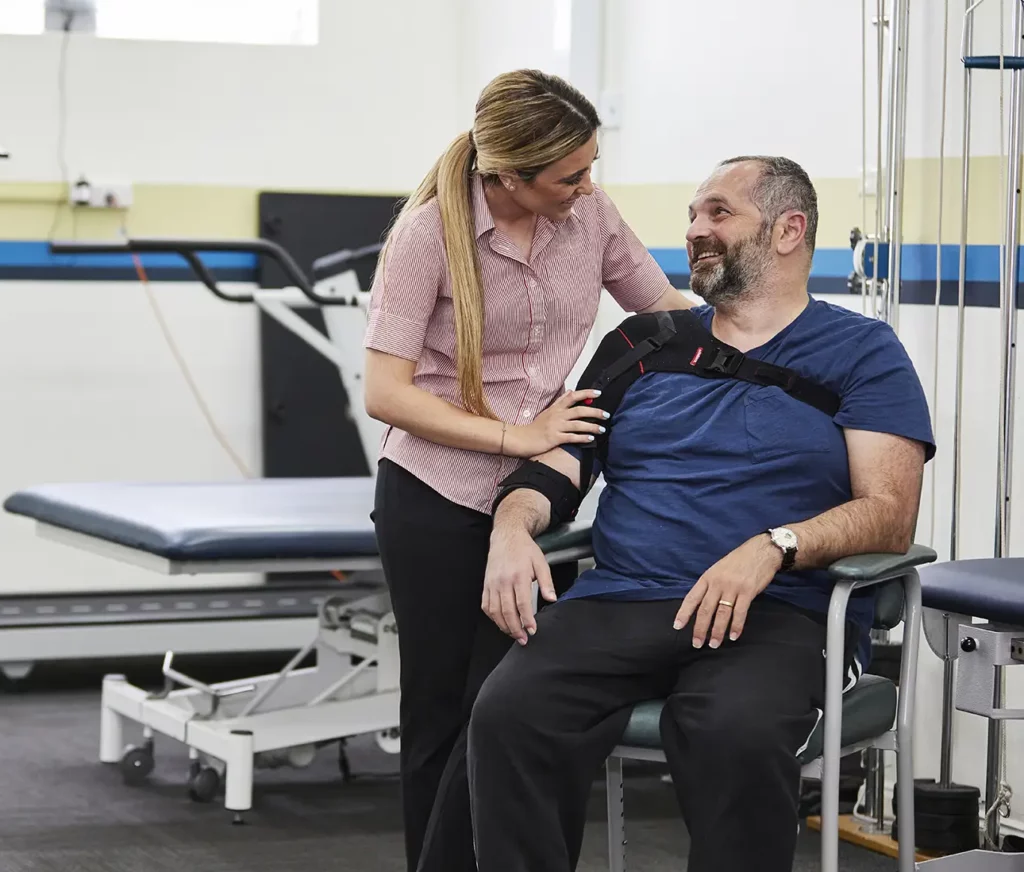No two strokes are the same. The effects vary depending on the area of the brain impacted, the abilities affected, and what matters most to you. That’s why your rehabilitation should reflect your unique needs and goals.
At Royal Rehab LifeWorks Petersham, we specialise in tailored stroke rehabilitation. Our dedicated team works closely with you to rebuild skills, boost confidence, and support your return to a more independent life. With your personal goals guiding the way, we’re committed to helping you move forward with purpose, strength, and expert care.
We also provide stroke rehabilitation at our other Sydney locations, including Ryde and Penrith.


